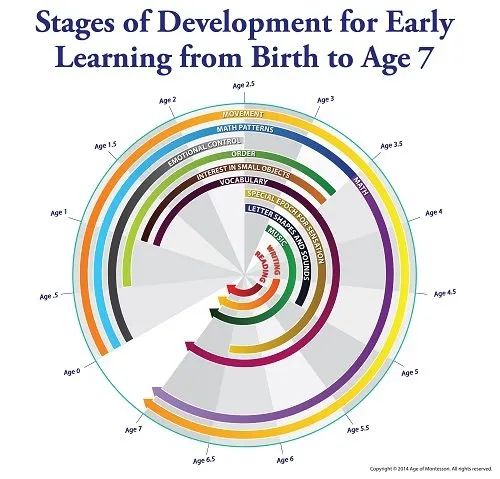Child Development Through the Senses
Exploration with the Senses
 Ten-month-old Amy sits in her highchair, little fingers kneading a bite of warm mashed sweet potato. Soon both hands are exploring the soft squishy slightly-sticky stuff. She tastes it, smears it on her face, and paints the vibrant orange color across the blank white “canvas” of the highchair tray. I watch and wonder: will my sister (Amy’s mother) balk at the mess? Or, will she let the exploration continue?
Ten-month-old Amy sits in her highchair, little fingers kneading a bite of warm mashed sweet potato. Soon both hands are exploring the soft squishy slightly-sticky stuff. She tastes it, smears it on her face, and paints the vibrant orange color across the blank white “canvas” of the highchair tray. I watch and wonder: will my sister (Amy’s mother) balk at the mess? Or, will she let the exploration continue?

Fortunately for Amy, she was not only allowed to continue, she was encouraged, even offered a second dollop of goo (something purple this time) for good measure. Though my sister has not studied the teachings of Maria Montessori, she intuitively understood her child’s need to explore with her senses. According to Maria Montessori, babies experience life, learn, and develop intelligence through the use of touch, taste, smell, sight, and sound.
"The senses, being explorers of the world, open the way to knowledge. Our apparatus for educating the senses offers the child a key to guide his explorations of the world, they cast a light upon it which makes visible to him more things in greater detail than he could see in the dark, or uneducated state."
~Maria Montessori, The Absorbent Mind
The Absorbent Mind
Also according to Montessori, sensorial learning begins at birth (maybe even sooner). Through her senses, Amy is rapidly developing her brain and soaking up huge amounts of new information as effortlessly as a sponge soaks up water. Her first few years of life are the most important years for her development: physical, mental, and emotional. Montessori called this period “The Absorbent Mind” because of the remarkable way the child literally absorbs information without effort.
“…if we compare our ability as adults to that of the child, it would require us 60 years of hard work to achieve what a child has achieved in these first three years.”
~Maria Montessori, The Absorbent Mind
Sensitive Periods
Additionally, Montessori discovered specific “sensitive periods” within this Absorbent Mind stage. A sensitive period is a developmental window of opportunity during which children learn certain concepts and abilities more easily than at any other time in their lives. Maria Montessori was the first to identify and document the developmental sensitive periods of children. Since that time (nearly 100 years ago,) study after study has substantiated her findings. Age of Montessori has created the graphic below to help illustrate some of these important concepts.

It is extremely important to meet the child’s developmental needs during these sensitive periods; not just for the child’s sake, but also for everyone else around him or her. A child whose needs are met is a happier, healthier, more content child to live with. So when you understand the child’s sensitive periods and how to satisfy them, parenting becomes a much more joyful experience.
“The child’s development follows a path of successive stages of independence, and our knowledge of this must guide us in our behavior towards him.” ~Maria Montessori
Would you like to learn more about your infant or toddler’s developmental stages? Would you like to understand your child’s sensitive periods and know how to fulfill her needs?




















